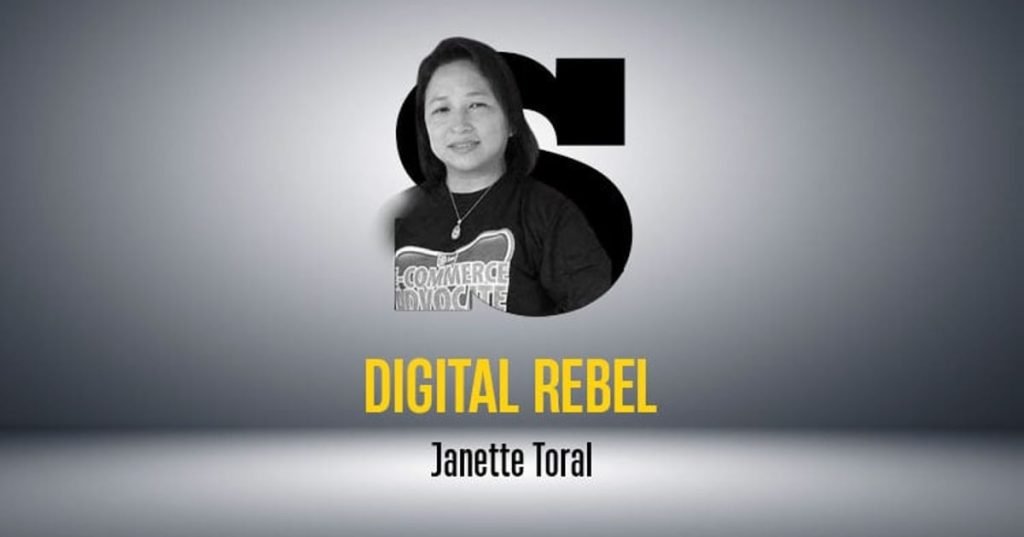
As the Philippine market evolves amid economic pressures, digital transformation and shifting consumer preferences, financial services and event and hospitality businesses are presented with unique opportunities to adapt and thrive. Drawing insights from Synergy Market Research’s MarketInsights Report, PwC CEO Survey 2024, Google, Temasek, Bain & Company’s e-Conomy SEA 2024, Havas Ortega’s Is the Party Over? and Prosumer Trends 2024, let’s look into actionable recommendations to help these industries align with current trends and capture emerging opportunities.
The financial services sector is undergoing rapid change, driven by the increased adoption of digital payments, QR technology and e-wallets. According to e-Conomy SEA 2024, digital payments in the Philippines have grown by 22 percent, becoming mainstream in everyday transactions. This presents a clear opportunity for financial service providers to enhance their offerings by integrating user-friendly QR payment systems and partnering with e-commerce and retail platforms to provide seamless experiences. Collaboration with tech companies to introduce AI-driven tools can optimize customer engagement through personalized financial products, predictive analytics for credit scoring, and automated loan approval systems.
Financial institutions should prioritize transparency and trust by implementing robust cybersecurity measures, as noted in the PwC CEO Survey 2024. Offering features such as secure payment systems, fraud detection tools, and clear data protection policies will enhance customer confidence and compliance with evolving regulations.
In addition to technological advancements, the rise of sustainability-focused consumers opens doors for financial institutions to develop and market green financial products. As highlighted in Prosumer Trends 2024, consumers are increasingly willing to support businesses with strong environmental, social and governance (ESG) initiatives. Green loans, eco-investment portfolios and sustainable credit cards can resonate with these values while supporting broader sustainability goals. Educational campaigns about the benefits of financial wellness, digital payments and sustainable investing can also play a vital role in fostering consumer trust and adoption.
Event and hospitality businesses are similarly adapting to new consumer behaviors and expectations. Is the Party Over? explores the evolving nature of Filipino celebrations, showing a shift toward more intimate, meaningful and sustainable gatherings. Simplified celebrations that prioritize value and emotional connection are becoming the norm. Businesses in this sector should focus on curating experiences that reflect these values. Offering customizable packages for smaller events, such as weddings or corporate gatherings, can cater to this demand.
Incorporating eco-friendly practices, such as sourcing local and sustainable materials for decorations and catering, aligns with the growing preference for environmentally conscious services.
The recovery of the travel sector, highlighted in e-Conomy SEA 2024, shows that local tourism is gaining momentum. Event and hospitality businesses can leverage this trend by collaborating with local government units and tourism boards to promote regional destinations. Tailored experiences, such as culinary tours or cultural immersion activities, can enhance the appeal of local travel while supporting community-based tourism initiatives. Digital transformation is also critical in this sector. Virtual and hybrid event solutions, introduced during the pandemic, remain relevant. Event planners and venues should invest in technologies that facilitate live-streaming, virtual participation and immersive digital experiences, creating versatile options for clients.
Inclusivity and mental well-being, as emphasized in Prosumer Trends 2024, are important considerations. Hospitality businesses can foster inclusivity by ensuring accessibility for individuals with disabilities and offering culturally sensitive services. Event planners can incorporate wellness-focused elements, such as mindfulness sessions or wellness-themed events, to address the growing focus on mental health. Marketing campaigns that highlight these efforts can attract a broader and more loyal clientele.
Both financial services and event and hospitality businesses must also navigate economic constraints faced by Filipino consumers. As noted in the MarketInsights Report, consumers are cutting back on discretionary spending, prioritizing affordability and practicality. Offering flexible payment plans, discounts and loyalty rewards can alleviate financial strain while encouraging customer retention. Businesses should also leverage localized marketing strategies, using Tagalog and regional dialects to create culturally relevant messaging that resonates with diverse audiences.
These recommendations underscore the importance of aligning business strategies with emerging consumer trends and market dynamics. By embracing innovation, sustainability and inclusivity, financial services and event and hospitality businesses in the Philippines can thrive in a rapidly changing landscape while building meaningful connections with their customers.





